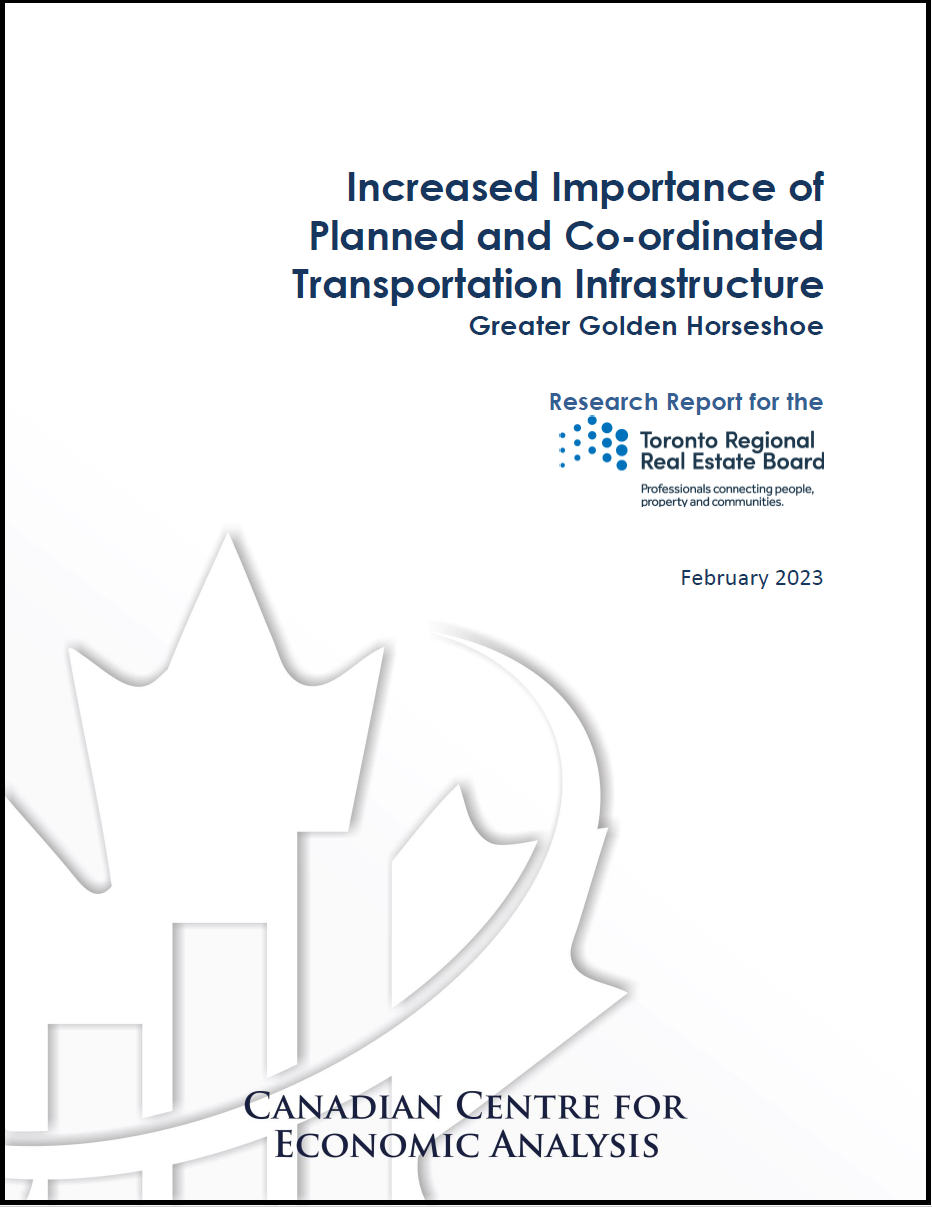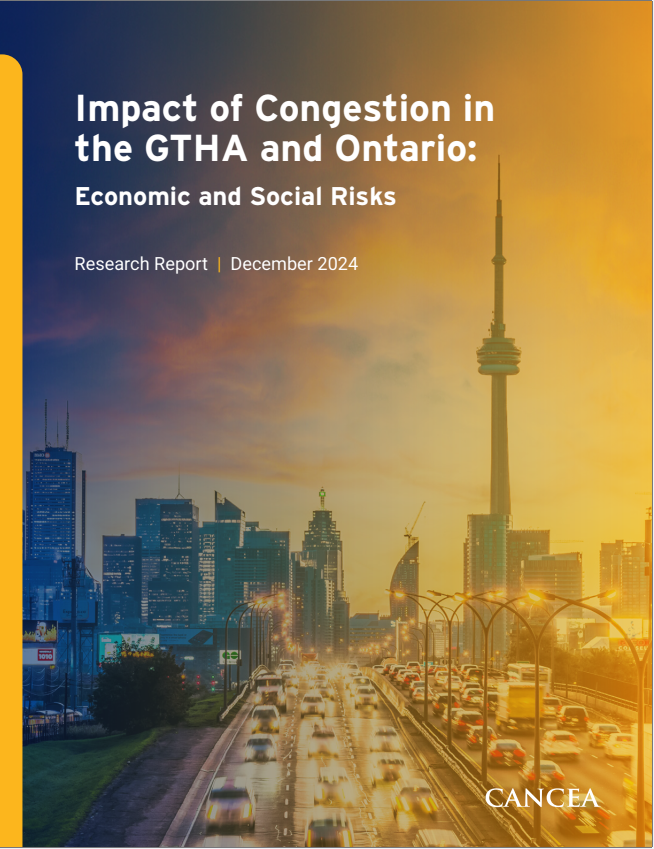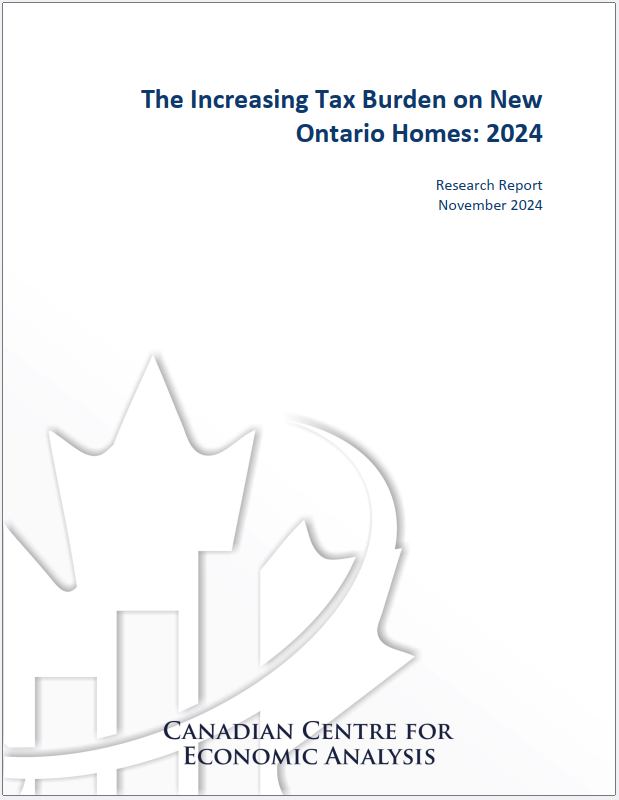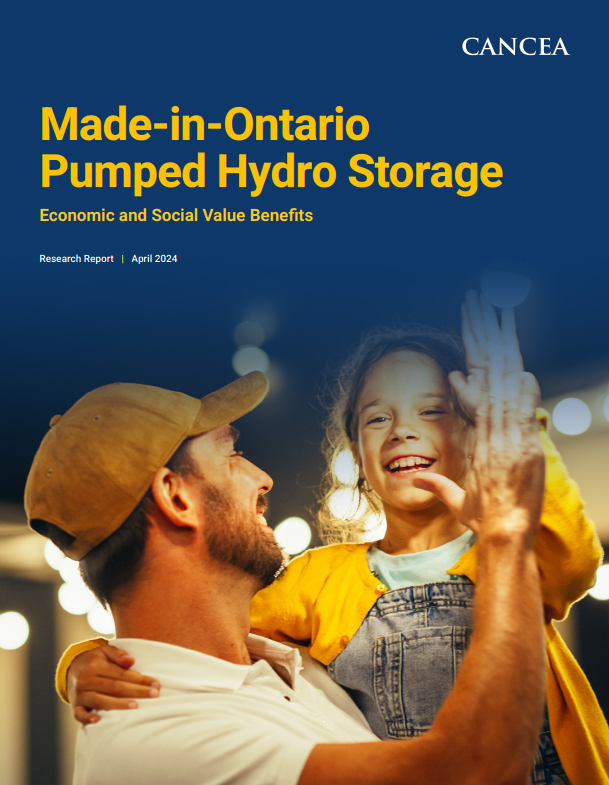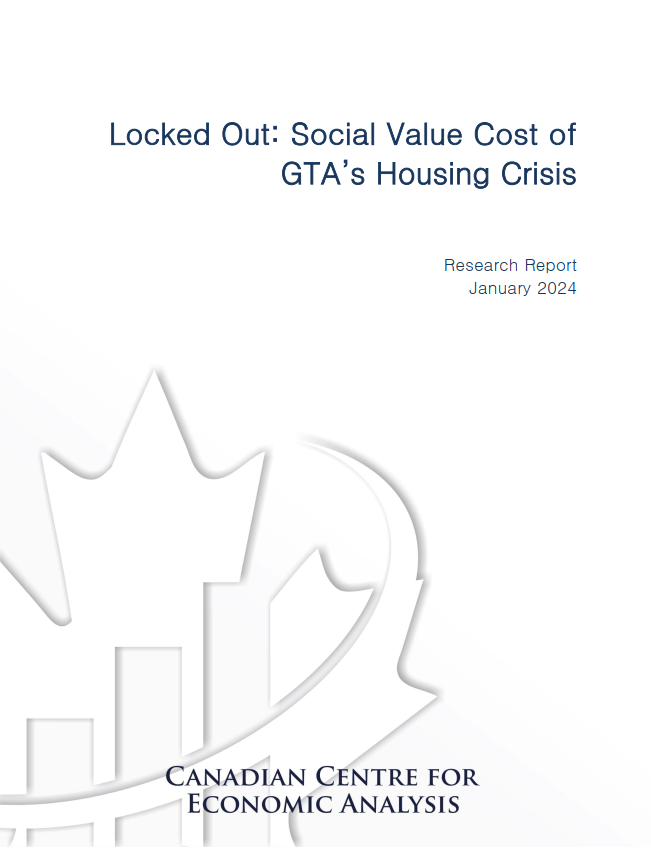A Toronto Regional Real Estate Board commissioned study.
The Greater Golden Horseshoe Region (GGH) is home to a large proportion of Ontario’s population and jobs. In the last decade, the GGH has seen an increase in the population of 1.2 million people, a 13.5% rise, as well as an increase in the number of jobs by 470,000, equivalent to an 11% increase. These figures were expected to keep growing even before the federal government’s recent announcement of increasing immigration levels into Canada by 55%.
Our analysis shows that both the planned population growth and the accelerated expected population growth from changes in immigration policies are expected to increase the number of daily commuters by 46%, from 4.6 million in 2019 to 6.8 million by 2051, of which 32% are transit trips and 68% are car trips. The change in the number of daily transit commuters is expected to double the demand for transit by 2051, from 1.1 million daily transit trips in 2019 to 2.2 million daily transit trips by 2051.
If the planned increase in capacity occurs, the GGH’s overall experience with transit and transportation should largely be maintained as the population and economy grow. However, the various municipalities in the region will experience the growth differently, and long-term policies such as immigration policy, and work-from-home trends, could significantly put the sufficiency of the network at risk. Critically, it requires that housing, transit, transportation, and economic development planning be aligned over the long term to ensure efficient use of infrastructure investment. If this occurs, the regional transit and transportation network could serve the needs of its residents well over the next 30 years.
Download report: Transportation Infrastructure in the GGH – 2023 Report
